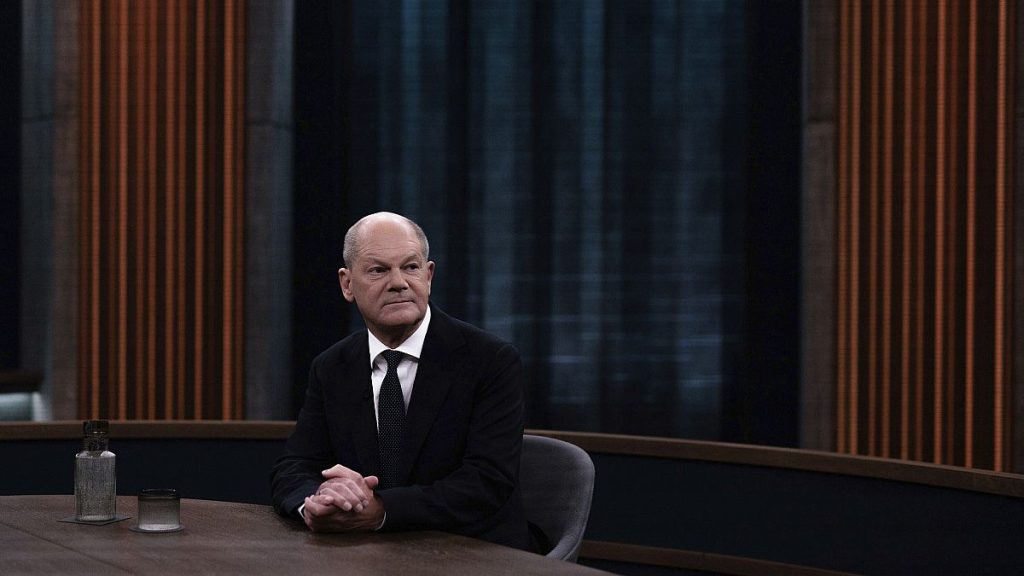The ‘Traffic Light Coalition’ in Germany, consisting of Olaf Scholz’s Social Democrats, the liberal FDP, and the Greens, collapsed after Scholz fired Finance Minister Christian Lindner on 6 November. Following the collapse, Scholz expressed willingness to hold a confidence vote in parliament before Christmas. He acknowledged the need to consider the interests of citizens and competing parties, stating that he is in favor of a quick resolution through a strong vote in favor of the SPD. Originally scheduled for 15 January, the vote may now be held this year, potentially leading to snap elections. Scholz is expected to lose the vote, triggering a process where President Frank-Walter Steinmeier may dissolve the Bundestag within 21 days, and new elections must take place within 60 days of parliament’s closure.
Despite the collapse of the coalition, Scholz denied provoking it and claimed to have made efforts to keep it together until the end. He emphasized the importance of being open and honest with the public about the issues leading to the breakup. The decision to dismiss Lindner was based on a lack of trust, with Scholz citing Lindner’s focus on his party’s interests over the coalition’s goals. Jörg Kukies was appointed as the new finance minister to replace Lindner. The coalition had been facing tensions, particularly with regards to economic policy and the budget for 2025. The disappointing performance of the German economy further exacerbated the disagreements within the coalition, leading to divergent suggestions on how to address the challenges.
Many lawmakers within the coalition had hoped to set aside internal strife and focus on potential geopolitical challenges following the re-election of Donald Trump as US president. However, these hopes were not realized as the disagreements persisted and eventually led to the collapse of the coalition. In a bid to resolve the situation, Scholz and Trump held a telephone call to discuss bilateral issues and geopolitical challenges. The outcome of the call and discussions between the two leaders may have implications for the future of German politics and international relations.
The collapse of the ‘Traffic Light Coalition’ in Germany has raised questions about the country’s political stability and the prospects for future governance. The potential for snap elections following a confidence vote in parliament poses uncertainties for the German political landscape. Scholz’s handling of the situation and his efforts to address the issues within the coalition will be closely watched as the country navigates through this period of political instability. The fallout from the breakup of the coalition may also impact Germany’s position in the European Union and its relationships with other international partners.
As Germany faces the aftermath of the coalition collapse, the focus is on how the country will move forward and address the challenges ahead. The upcoming confidence vote and potential snap elections will test the political landscape and the support for different parties. Scholz’s leadership and decision-making during this time will play a crucial role in shaping the future of German politics. The impact of the coalition breakdown on domestic policies, economic stability, and international relations remains to be seen. The developments following the collapse of the coalition will have repercussions not only in Germany but also in the broader European context.


